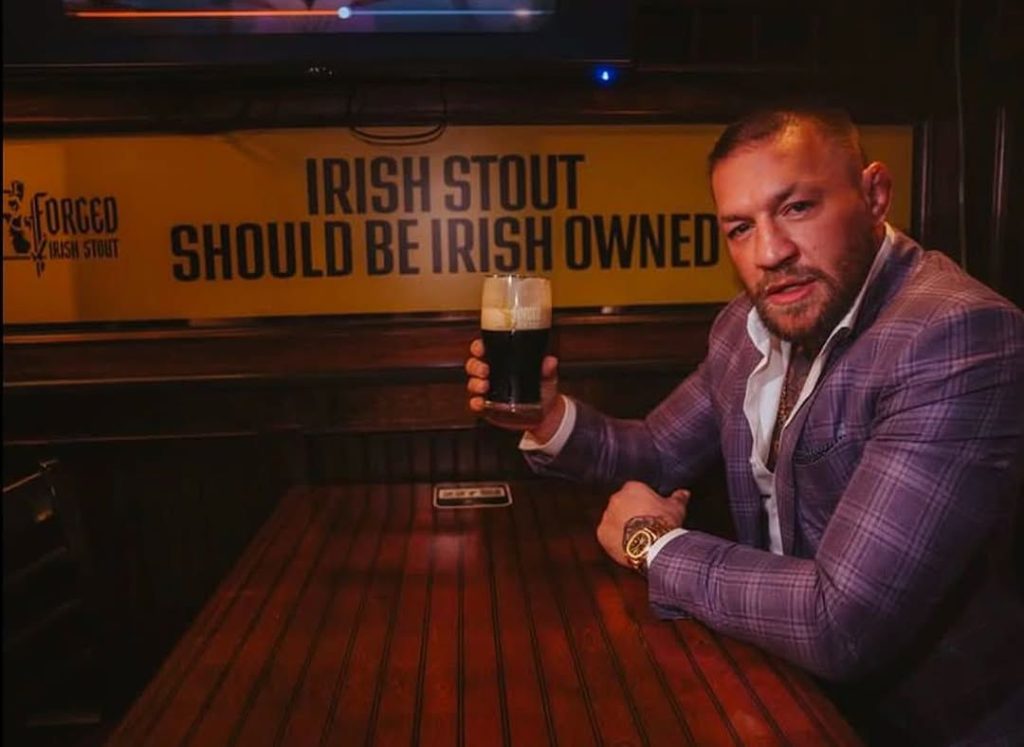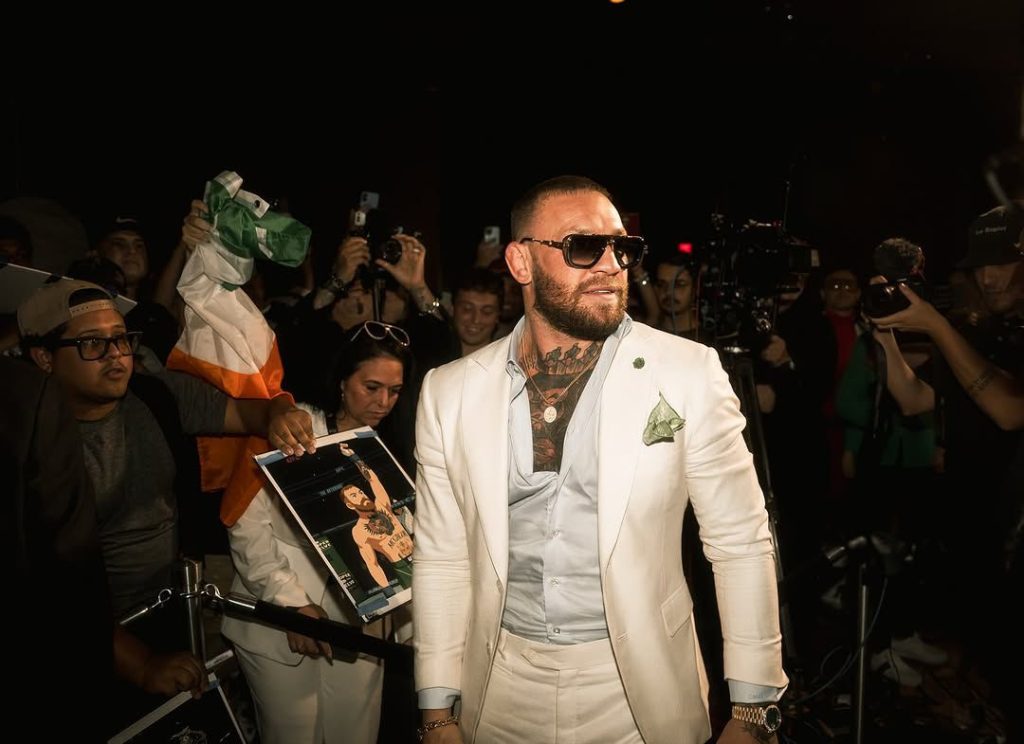Conor McGregor, the Irish mixed martial artist and former UFC superstar, has recently faced a significant legal and reputational challenge. On 31 July 2025, Ireland’s Court of Appeal dismissed his appeal against a civil finding that held him liable for the sexual assault of Nikita Hand in 2018. This decision marks a major development in a case that has kept McGregor in the headlines, drawing widespread attention across the UK and Ireland. The ruling has implications not only for McGregor’s personal and professional future but also for public discourse around celebrity accountability and legal processes.
Background to the Case
The civil lawsuit stemmed from an incident that allegedly occurred in a Dublin hotel in 2018. Nikita Hand accused McGregor of forcibly assaulting her, claiming brutal rape and battery. Although criminal prosecution was not pursued due to insufficient evidence, Hand filed a civil suit, a process requiring a lower standard of proof. In November 2024, a High Court jury found McGregor civilly liable for assault, awarding Hand nearly €250,000 (about £206,000) in damages alongside roughly €1.3 million in legal costs.
McGregor consistently denied wrongdoing, affirming the encounter was consensual and contesting the charges as fabricated. Following the ruling, he sought to overturn the verdict through an appeal, challenging multiple aspects of the trial, including jury instructions and the admission of his police interview answers where he had repeatedly responded with “no comment.”
The Appeal and Court of Appeal Ruling
The Court of Appeal’s three-judge panel rejected McGregor’s appeal on all five grounds. They ruled that the trial was fair, the evidence sufficient, and that the jury instructions—though contested—were not misleading. Importantly, the court noted that McGregor’s legal team failed to introduce any new evidence strengthening his claims during the appeal process. Notably, McGregor was absent during the ruling, while Nikita Hand and her supporters were present.
One point of contention was whether the jury should have been asked explicitly about “sexual assault” rather than a broader question of “assault.” The judges found it “simply unreal” that any juror would misinterpret the question’s intent. The appeal also considered McGregor’s choice to remain mostly silent to Police questioning, concluding this did not unduly prejudice his right to a fair trial.
The court additionally discovered McGregor had compensated a friend for testimony in the trial, undermining trust. His legal team withdrew an attempt to present new witness evidence shortly before the appeal hearing, weakening their position.

Public and Media Reaction in the UK
The ruling has sparked extensive coverage and debate throughout the UK. Media outlets emphasise the gravity of the decision for a high-profile figure often seen as embodying sporting celebrity culture. Many view this as a landmark moment emphasizing accountability for powerful individuals, especially concerning allegations of sexual violence.
UK commentators recognise the impact on McGregor’s public image, which had already been affected by past controversies and legal issues. Some note the challenge it poses to his potential return to the UFC, where he has not fought since 2021 following a broken leg. McGregor’s recent social media activity hinted at a comeback, but this legal setback may complicate such plans.
McGregor’s wider public persona is also under scrutiny due to his recent political rhetoric, including far-right views on immigration and criticism of mainstream Irish politicians. He has even floated the idea of running for President of Ireland. His meeting with former US President Donald Trump at the White House earlier this year garnered attention that widened his political and cultural profile beyond sports.
Legal and Social Implications
This case highlights the complexities of civil actions in sexual assault allegations, contrasted with criminal prosecutions. While criminal courts require proof “beyond reasonable doubt,” civil cases rely on a “balance of probabilities,” often allowing claimants an alternative route to justice. McGregor’s case is closely followed as an example of how civil courts address claims involving celebrities and significant public interest.
The judgment also raises questions about legal strategy and evidence presentation, as the withdrawal of new testimony suggested tactical reconsideration by McGregor’s defence. Moreover, the court’s findings about alleged witness compensation may influence perceptions of credibility and fairness in civil justice.
Looking Ahead: Career and Cultural Reflections
McGregor remains a polarising figure in sport and society. While some fans remain loyal, seeing his legal challenges as separate from athletic prowess, others call for sporting bodies to consider disciplinary actions reflecting off-ring conduct. The UFC’s policies on athlete behaviour may come under pressure as debates intensify over the role of sports organisations in addressing fighters’ actions outside competition.
For UK audiences, McGregor’s trajectory embodies a convergence of sports celebrity, legal accountability, and political activism. His case encourages reflection on how society balances admiration for sporting achievement with demands for personal responsibility and justice.
Conclusion
Conor McGregor’s loss in the Irish Court of Appeal represents a crucial chapter in his tumultuous career. The dismissal of his appeal against civil sexual assault findings reinforces legal accountability and significantly affects his public standing in the UK and Ireland.
As McGregor contemplates his future in sports and beyond, his situation highlights broader societal discussions about celebrity influence, the legal system’s role in addressing sexual violence, and the cultural expectations placed on public figures. UK readers can expect ongoing media interest and evolving narratives around McGregor’s legacy both inside and outside the octagon.
Read more;Sporting vs Benfica



